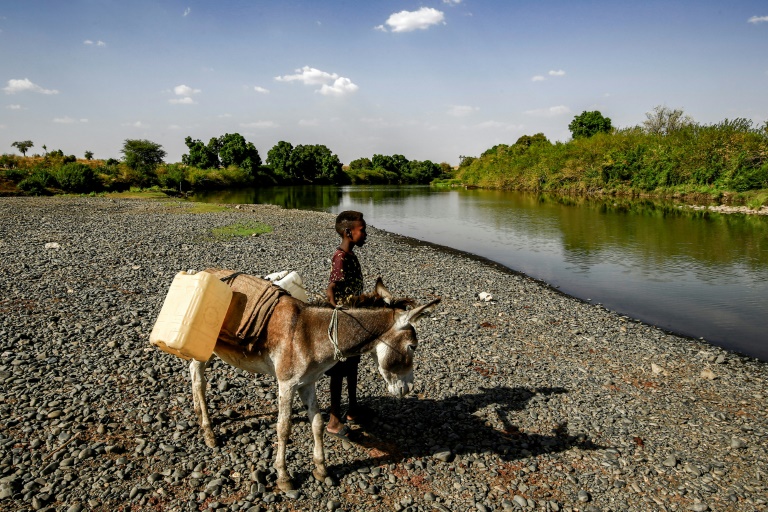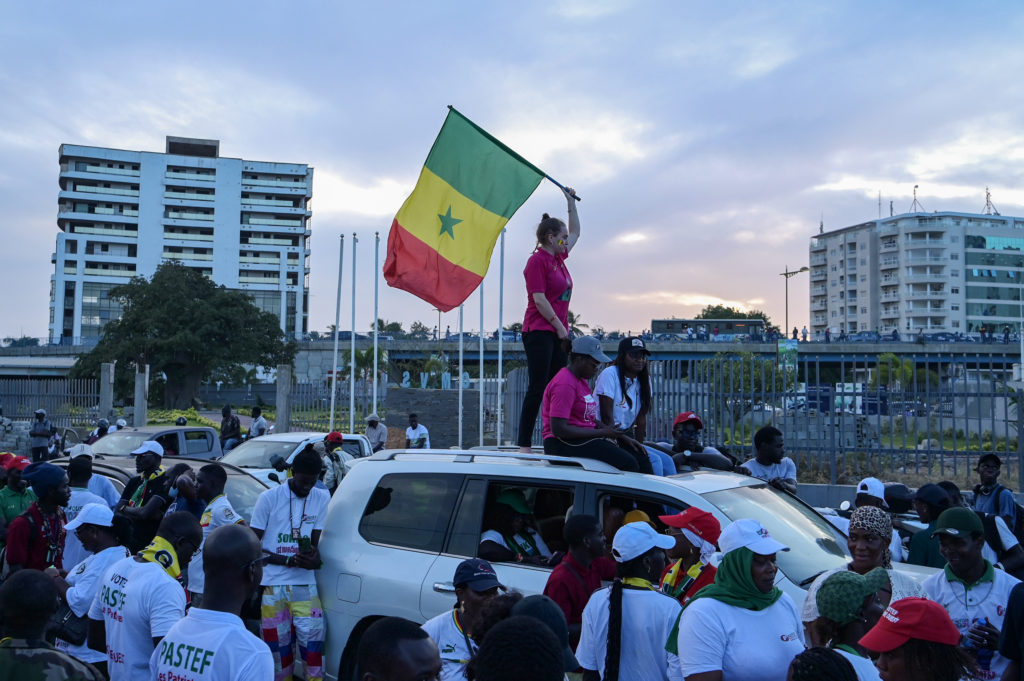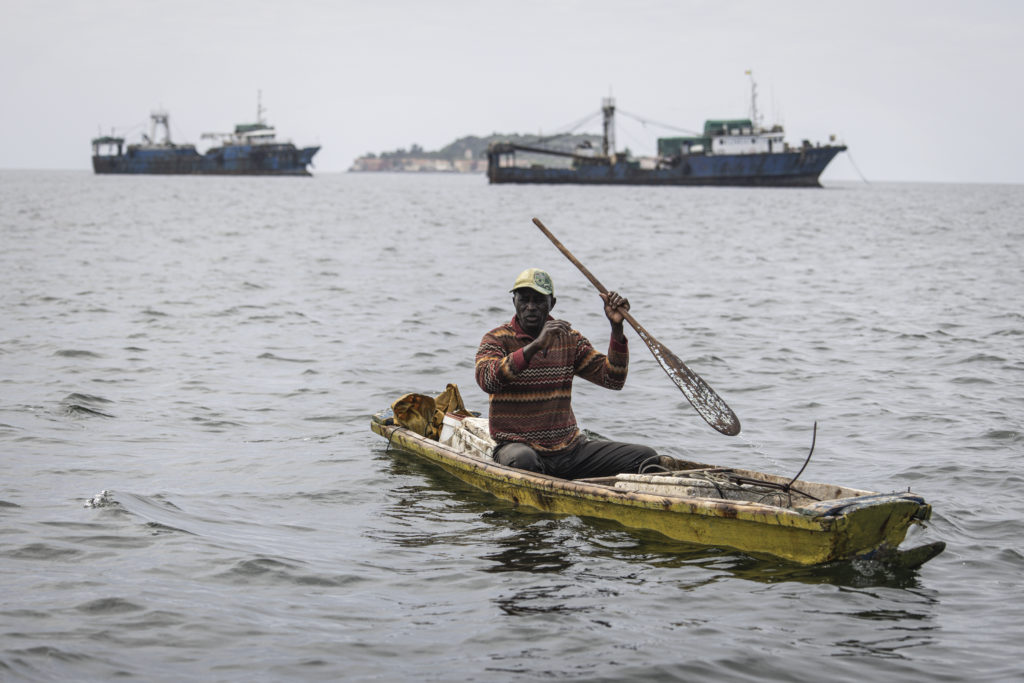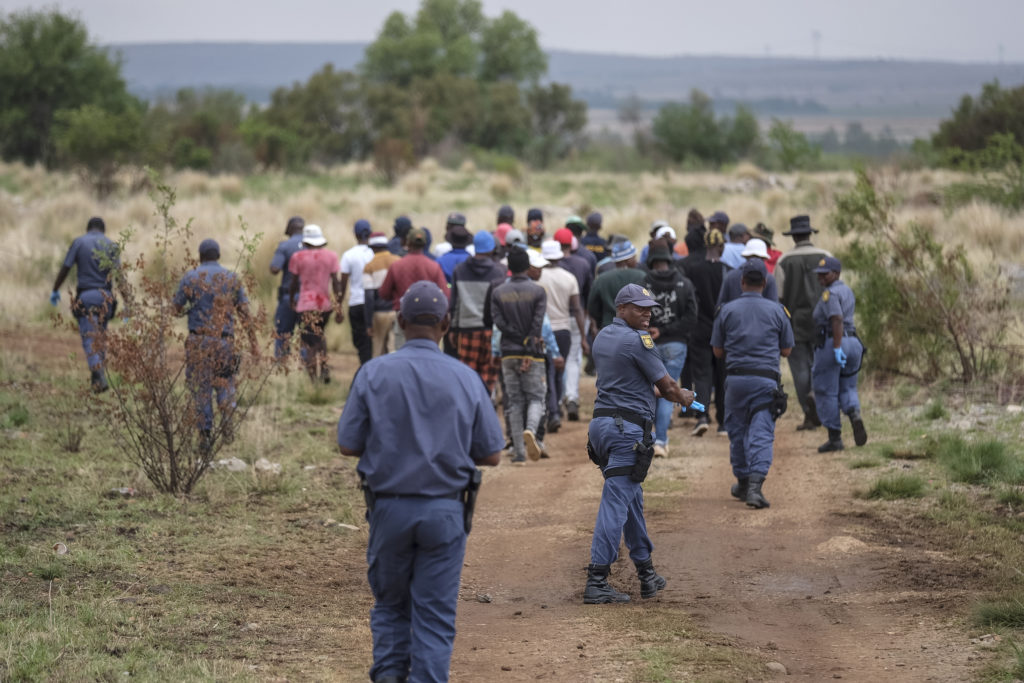Regional leaders voiced alarm Wednesday over escalating tensions between Ethiopia and Sudan in a disputed border area and appealed for dialogue to stem the crisis.
The calls by the African Union and another regional grouping followed claims by Khartoum that the Ethiopian army had executed seven Sudanese soldiers and a civilian during a clash in the volatile Al-Fashaqa area last week – allegations denied by Addis Ababa.
Sudan announced Monday it would recall its ambassador to Addis Ababa over the incident in Al-Fashaqa, a fertile strip of land that has long been a source of friction between the two states.
AU Commission chief Moussa Faki Mahamat “is following with deep concern the escalating military tension between the Federal Democratic Republic of Ethiopia and the Republic of Sudan and deeply regrets the loss of life at their common border,” the pan-African body said in a statement.
“The chairperson appeals for complete refrain from any military action whatever its origin and calls for dialogue between the two brotherly countries to solve any dispute.”
The AU’s concern was echoed by another regional bloc, the Intergovernmental Authority on Development (IGAD), which also called on the two countries “to actively seek diplomatic means to find a lasting and sustainable solution on the matter”.
– ‘Perfidious act’ –
Later Wednesday, Ethiopian Prime Minister Abiy Ahmed also called for restraint.
“We need to keep calm and show restraint… for the sake of our shared interests and good-neighbourliness,” he said in an Arabic-language statement addressed to the Sudanese and Ethiopian peoples.
Sudan on Monday accused Ethiopia of capturing the soldiers in Al-Fashaqa on June 22, announcing it was recalling its envoy and would lodge a complaint with the UN Security Council and regional organisations.
The army, which has been in power since a coup in October 2021, vowed that the “perfidious act will not pass”.
And on Wednesday, the military published photographs of the slain soldiers, along with their names and ranks.
But Addis Ababa has in turn claimed that Sudanese forces crossed into Ethiopian territory and that the casualties resulted from a skirmish with a local militia, denying its soldiers were in the area at the time.
The Ethiopian government said it rejected the “misrepresentation of facts” and that the incident was “deliberately concocted” to undermine relations.
The Sudan Tribune newspaper reported that the Sudanese army had launched an attack Tuesday on Ethiopian troops in the Al-Fashaqa area but this was denied by army spokesman Nabil Abdalla.
“We have not attacked anyone and we will not and we are not planning that. But we will not allow any armed force from another country that wants to cross our international border. It’s our right legally to deal with it,” he told AFP in Khartoum.
The report was also denied by the Ethiopian side, with an official saying on condition of anonymity: “This is not true, just unconfirmed and misinformation.”
– Land and water tensions –
On Monday, Sudan’s military leader Abdel Fattah al-Burhan visited Al-Fashaqa, where he instructed soldiers “to not allow any new movements or encroachments on Sudanese lands and against its citizens”.
Khartoum and Addis Ababa have been at odds for years over Al-Fashaqa.
The region, which lies close to Ethiopia’s war-torn northern region of Tigray, has long been cultivated by Ethiopian farmers but is claimed by Sudan.
The dispute has sparked sporadic clashes between the two sides, some fatal.
The rift feeds into wider tensions over land and water between the neighbours, particularly stoked by Ethiopia’s mega-dam on the Blue Nile.
Sudan and Egypt, both downstream countries, have been opposed to the Great Ethiopian Renaissance Dam and pushed for an agreement on the filling of its reservoir and the dam’s operations.
Tensions were heightened further after fighting erupted in Tigray in November 2020, sending tens of thousands of refugees fleeing into Sudan.
Sudan has been roiled by economic and political turmoil since Burhan led the military coup that upended a transition to civilian rule following the 2019 ouster of president Omar al-Bashir.










